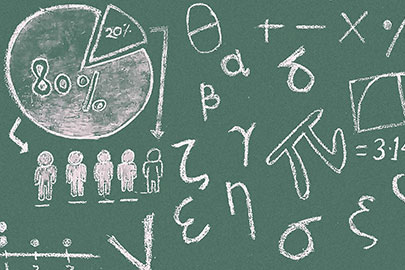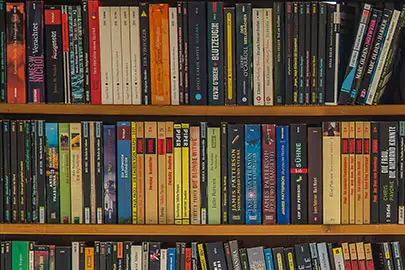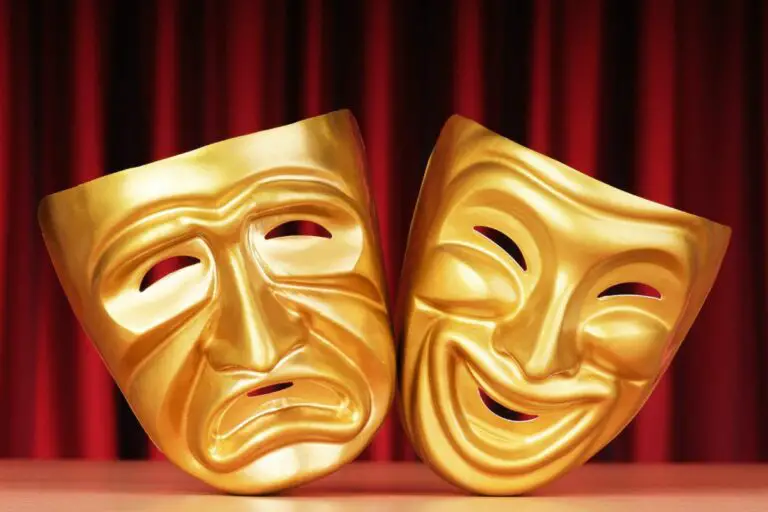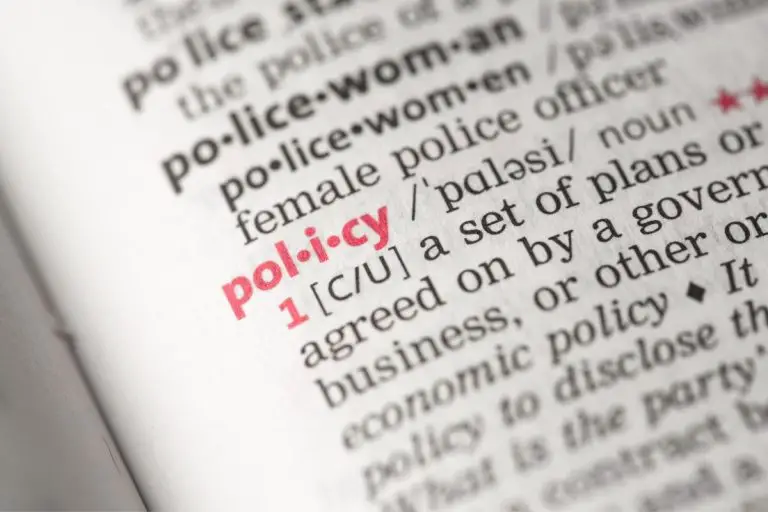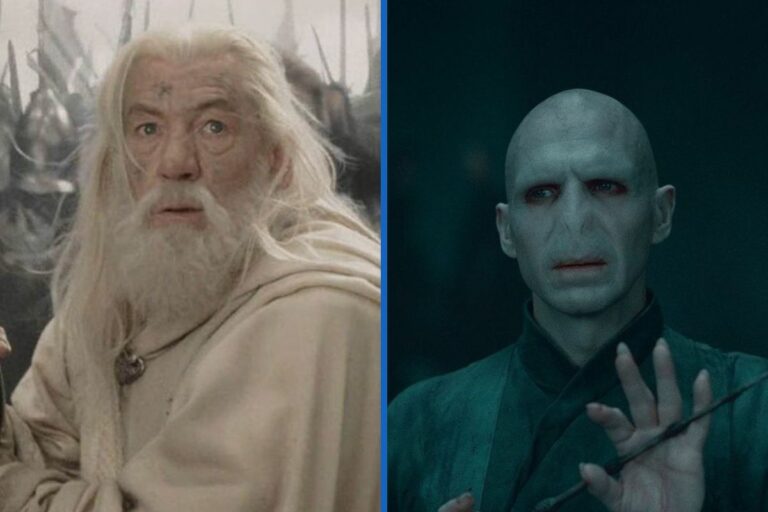The True Differences Between a Monarchy and an Empire
We learn this in school, but we teach us so many things in a short period of time and with so little experience of the real world (especially in politics), that it quickly becomes overwhelming. The differences between monarchy and empire weren’t clear for me, so I did the research and can now share what you need to know in this article.
As a general rule, the main differences between a monarchy and an empire is the power of the leading representative. Emperors are the absolute authority in all domains related to the empire, while a monarch is limited due to the presence of a government.
There are other important differences you need to know, I will explain everything in the following.
What Makes a Monarchy Different from an Empire?
A monarchy forms a government that has a leading representative at the head of the government, which will be the king, queen, or highest-ranking royal member from that state or country’s Royal Family. An Empire, on the other hand, is a group of countries that are ruled under a single authority, also known as an emperor or empress.
A Monarchy differs from an Empire in the way that decisions are made for its people. As a Monarchy is a form of government, they, and the Government parties, work together to make decisions and advise their country and their domains.
Whereas an Empire, ruled by an Emperor, has decisions made and determined by a sole and overarching leader, the emperor him or herself.
- Monarchy is a form of Government where the Monarch at the head of the Government has limited power.
- An Empire is numerous countries or groups controlled by one authority.
Brief History of Monarchies and Empires
Empire examples
- Akkadian Empire is the oldest known empire in the world.
- The earliest known empire dates to 2330 BCE.
- There have been up to 70 empires in history.
An example of an Empire is the Roman Empire. There are plenty of other examples, Babylonian, Egyptian, and Persian to name a few. But the most famous is the Roman Empire. The most famous because of the numerous movies, like Gladiator, filmed about this era in history.
Without getting into too much history, Ancient Rome was ruled by an emperor from 27BC until 476AD. Basically, a man named Augustus Caesar proclaimed himself an emperor, made the senate almost pointless, and continued to rule as an individual over his expanding empire.
Ever heard of the game Age of Empires? It’s a video game that’s been around since 1997 and is based on warcraft and civilization.
I remember waiting for my brother to leave the computer room so that I could play his favorite game of Age of Empires. He wasn’t happy whenever I ruined it with terrible decisions to advance on the neighboring army when I didn’t have enough soldiers…
My point is that this game is based on building an empire. An empire where you, or your state, alone are the supreme ruler or rulers of a whole civilization. Advancing through the game, defeating your enemies, and taking over their lands as the one and all ruler of those territories to create an empire.
Monarchy examples
- Ancient Egypt is the oldest known monarchy in history.
- The oldest known Monarchy dates to 3100 BCE.
- 44 Monarchies still exist in the world today.
If you asked the question “what is a Monarchy?” a few centuries ago, the Royal Family, their subjects, and their supporters would have said that they alone have supreme power in their hands for all decisions relating to the country and the domains or realms they officially rule over.

This was not the case though as the monarchy has always been part of a government that also advises and assists to determine the best way forward in state decisions. The Monarchy would essentially have the last say but would need to characteristically make their decisions based on the favorable options brought to them by their government officials. A very tricky place to be in.
What are the Levels of Power a Monarchy and an Empire Have?
A Monarchy is A form of government with a monarch at the head.
Over time, a Monarchy’s position has changed from an individual with supreme power and who rules and functions as the head of state with overall authority, to limited amounts of power.
- As a Monarchy, the head of the Monarchy has limited power to make decisions for their country and their people.
- The Monarchy still can grant pardons.
- The Monarchy has the overall authority to bestow honorary titles.
- The Monarch shares their power with the Government.
- An executive Monarch has more significant power than a ceremonial Monarch, but still does not hold absolute power.
- Constitutional Monarchy is where the Monarch exercises authority based on a constitution, whereby the Monarch must follow established principles by a government.
- An absolute Monarch is a king or queen that has absolute power.
There are still Monarchies today that exercise absolute Monarchy where their word is the law. They have zero limitations by any type of constitution and have complete control of their country. Though there are only about 6 countries with this type of Monarch.
An Empire is an extensive group of states or countries under a single supreme authority, formerly especially an emperor or empress.
Though Japan still has and is the only country to have, an Emperor, there are no other official Empires left in today’s world. The last Empire was the Portuguese Empire which came to an end in 1999.
When you see the below list of what type of power an Empire, or Emperor had in history, it’s easy to see why they don’t exist anymore.
- An Emperor of an Empire had the overall authority of all senate or government parties.
- Has authority over all military administration.
- Can also be referred to as an absolute Monarch.
- An Emperor rules over more than one nation.
- An Emperor has no restraints, no constitution, and no Government authority to restrict their command.
So an Empire, ruled by an Empire, is essentially run by one person who has complete authority over everything. Can you imagine having that much control in the palm of your hands? Darth Sidious from Star Wars could. He wanted to rule as the Emperor of the Galactic Empire.
Is a King or an Emperor More Powerful?
Based on the above examples of a King and an Emperors’ level of power, an Emperor has more power than a King.
Emperors rule as the absolute authority over all of their domains, kingdoms, countries, states, lands. Whereas a King, as a Monarch, has limited power by a government constitution where a king (or Queen) is restricted in their power.
If you want to learn more about the differences between a king and an emperor, I already have an article on this topic.
A great example of a Monarchy is the Queen of England. As Queen of the United Kingdom and 15 other Commonwealth domains, Queen Elizabeth ll is the head of state, also known as the reigning Monarch of Great Britain.
Continuing with the United Kingdom as an example, the United Kingdom is run as a Monarchy where the Queen (the Monarch) and other royal family members can perform numerous official diplomatic and ceremonial duties. Like appointing the Prime Minister and bestowing high honorary titles like “Knight”.
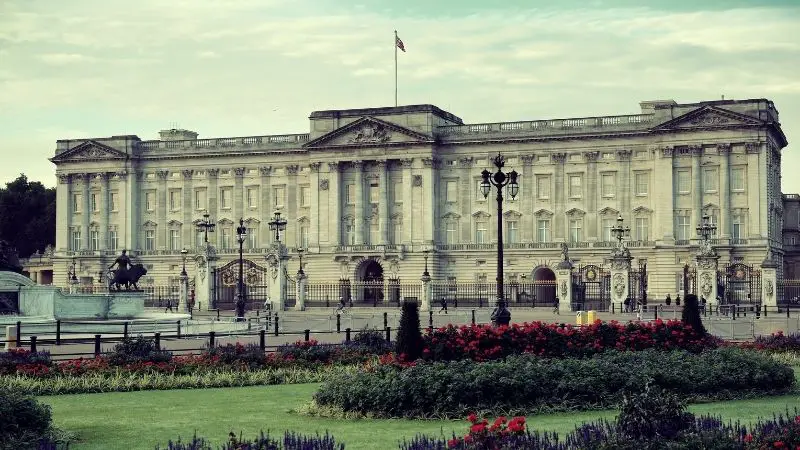
The Queen, however, cannot make overarching decisions for her country, or countries.
If you’re interested, the Queen’s current duties include:
- Granting royal assent to new legislation.
- The Royal Family can refuse to give royal assent to legislation.
- Opening every new parliament session.
- The Queen retains the right to appoint or dismiss the Prime Minister.
- Representational duties.
The Queen must remain neutral to all political matters.
The Differences Between Monarchy and Empire
| Monarchy | Empire | |
| Level of authority | Has limited power | Has supreme power |
| Representative | Monarch represents a government | The emperor has no government |
| Size of land ruled | One Nation or country is ruled by a system of Monarchy government | Numerous countries or states controlled by one authority |
| The Ruler | King or Queen | Emperor or Empress |
| Different types | Constitutional, Limited, Absolute | Imperial Empire |
| Who makes decisions | The Government | Emperor |
| Does it still exist | Monarchs and Monarchy’s still exist today | Empires no longer exist, though Japan has an Emperor. |
Frequently Asked Questions (FAQ)
Have more questions that I didn’t answer yet? Take a look below at these frequently asked questions, and you should hopefully find the answers you’re looking for.
Does a Monarchy have the final say in all decisions relating to government issues?
An absolute Monarch will have the final say in all matters of state. A constitutional and a limited Monarchy have limited authority and must leave all political matters to the government.
Are Emperors more powerful than a Monarch?
Yes, an Emperor has more power and authority over a Monarch. An emperor is the highest-ranked representative head of an empire. An emperor could rule over multiple kings throughout his empire.
Is the Emperor of Japan a Monarch, and is Japan an Empire?
The Emperor of Japan is a type of Monarch as his duties for Japan are purely ceremonial. Japan was an empire from 1868 until the end of World War 2 wherein 1947 Japan’s empire came to an end. The emperor of Japan is still called an emperor as his title Ten’no translated in English is Emperor or heavenly appointed.

